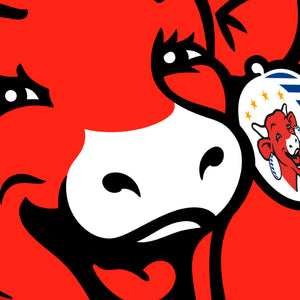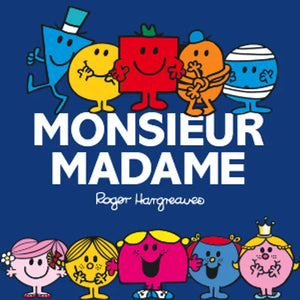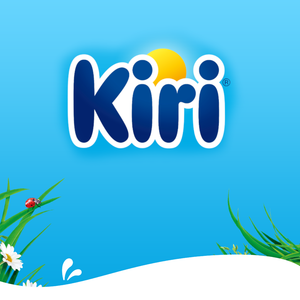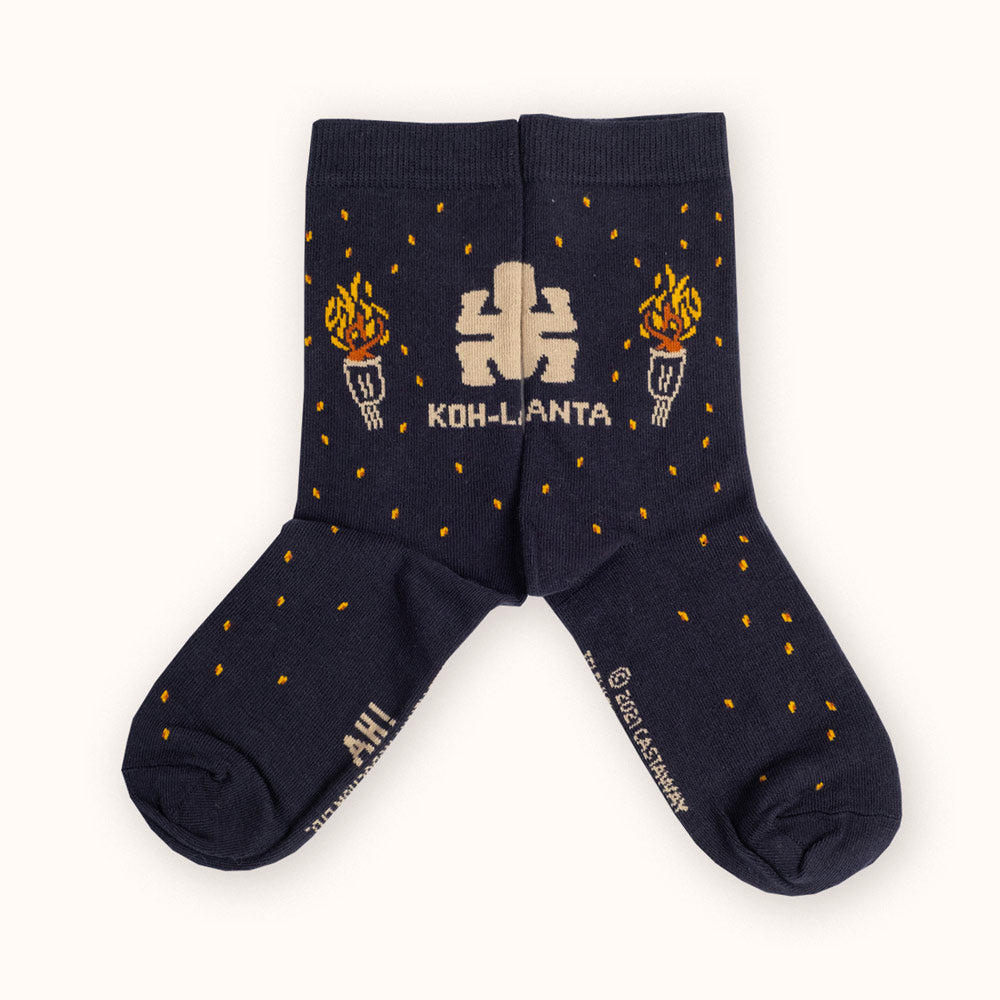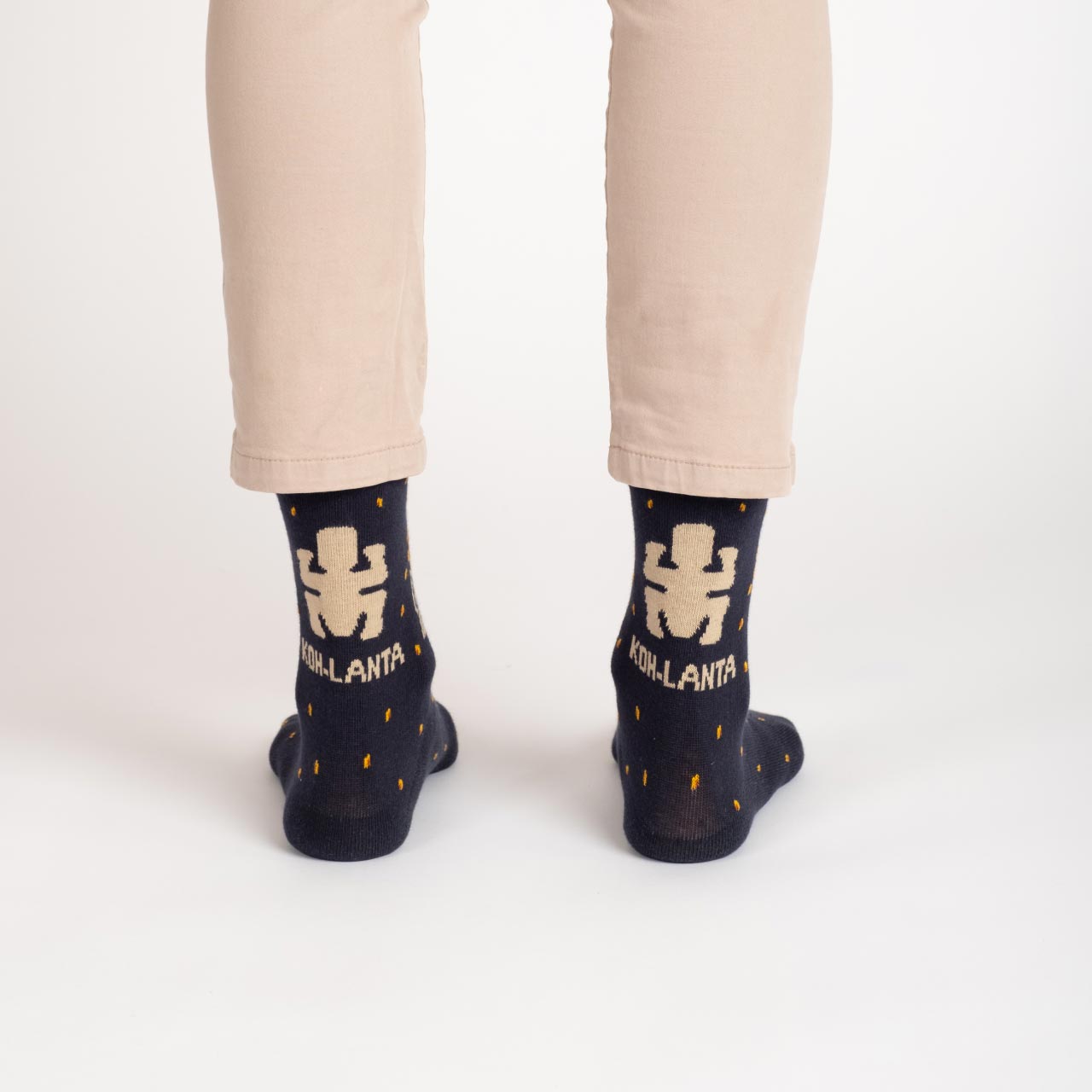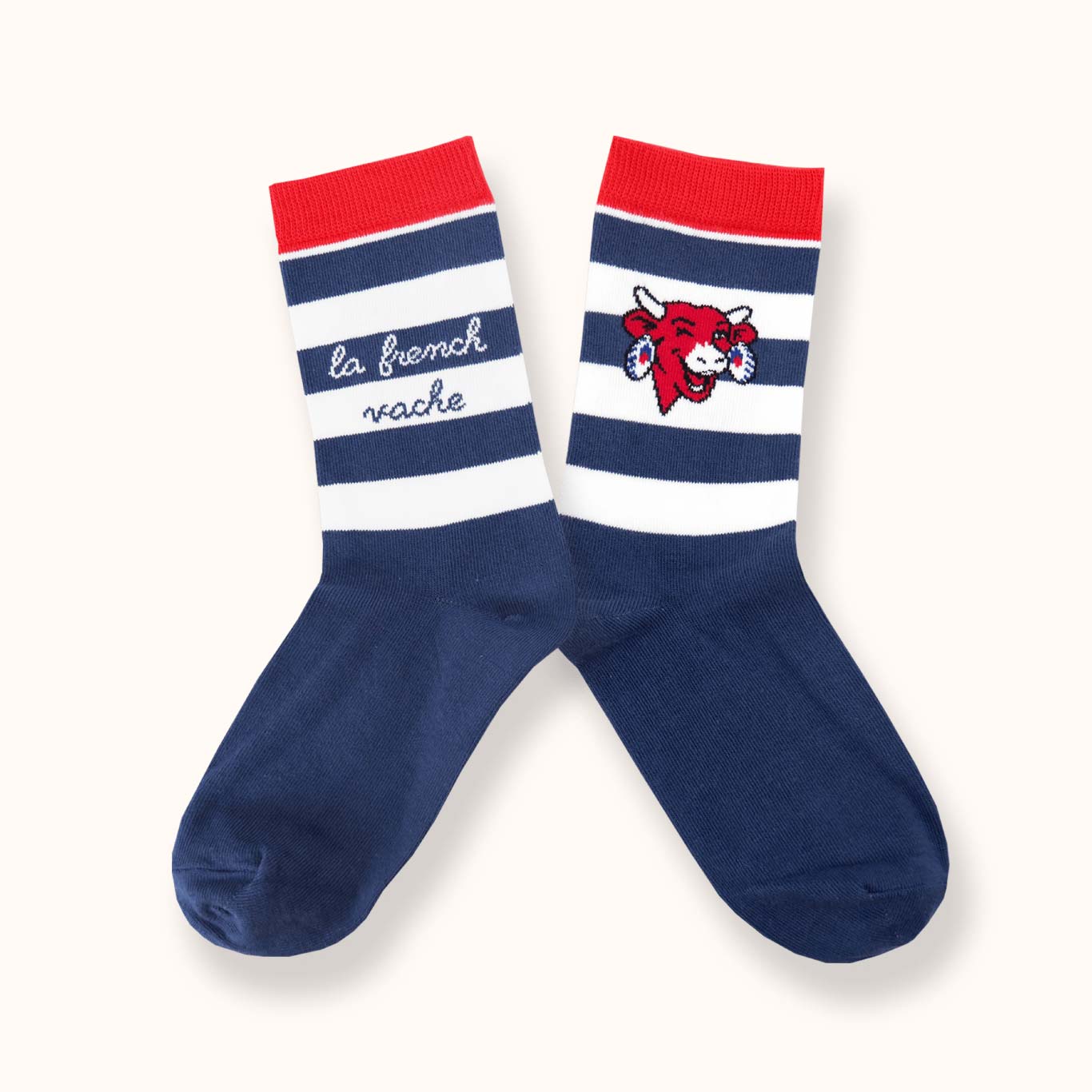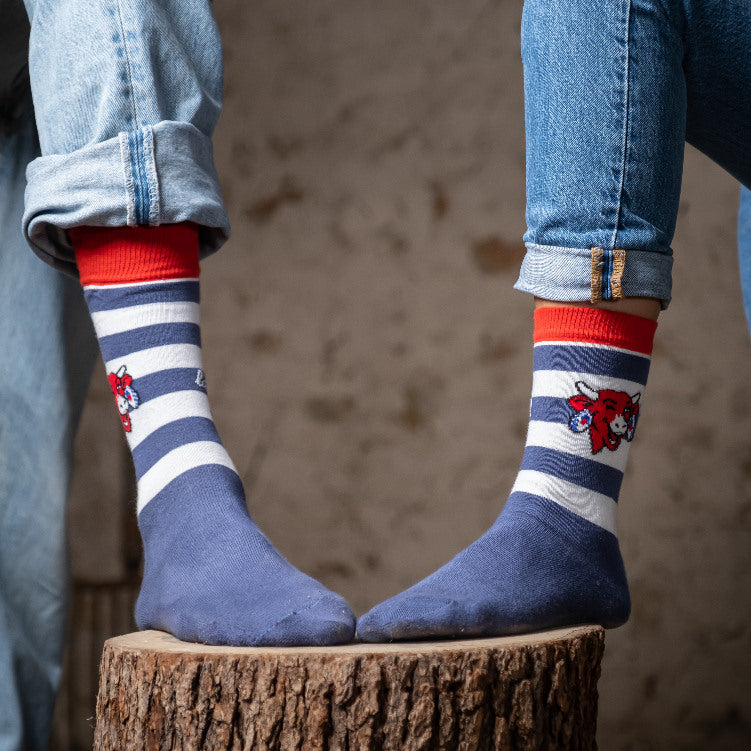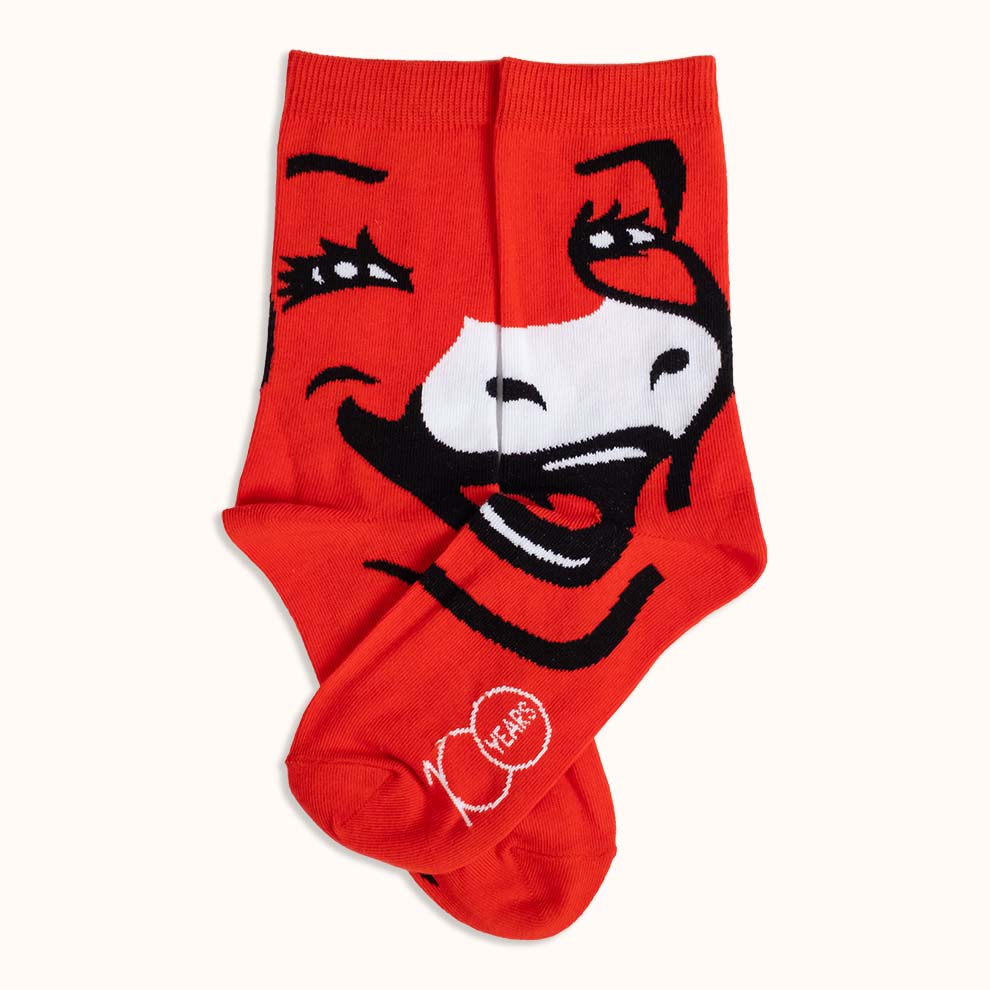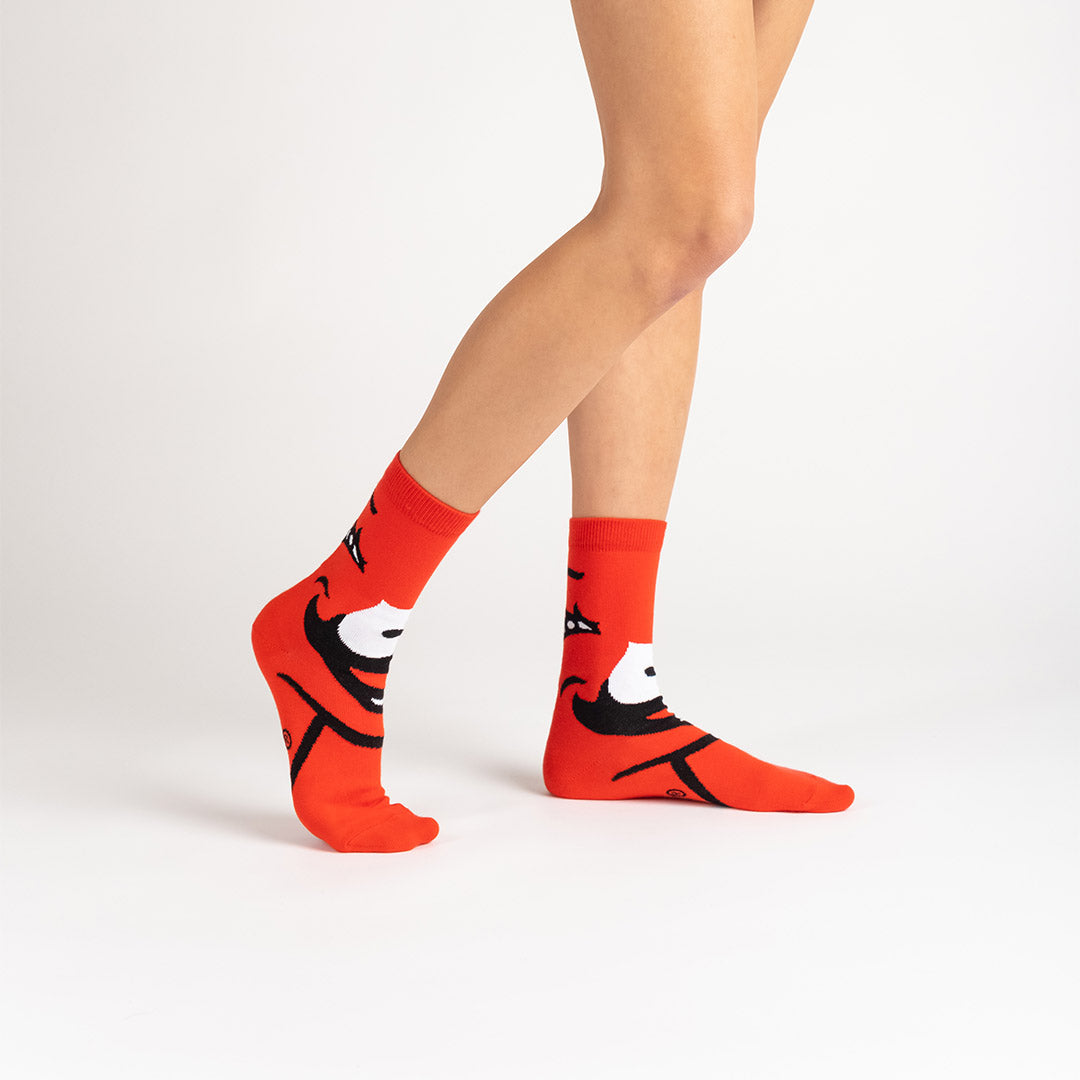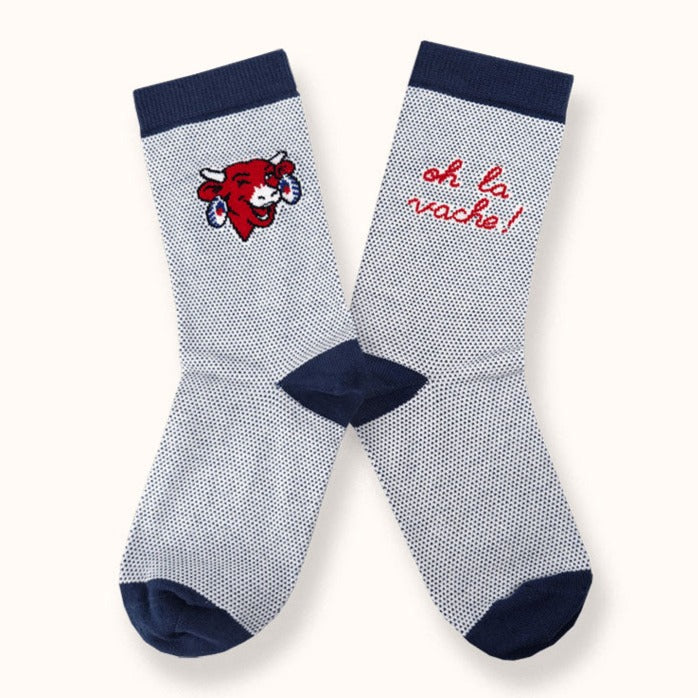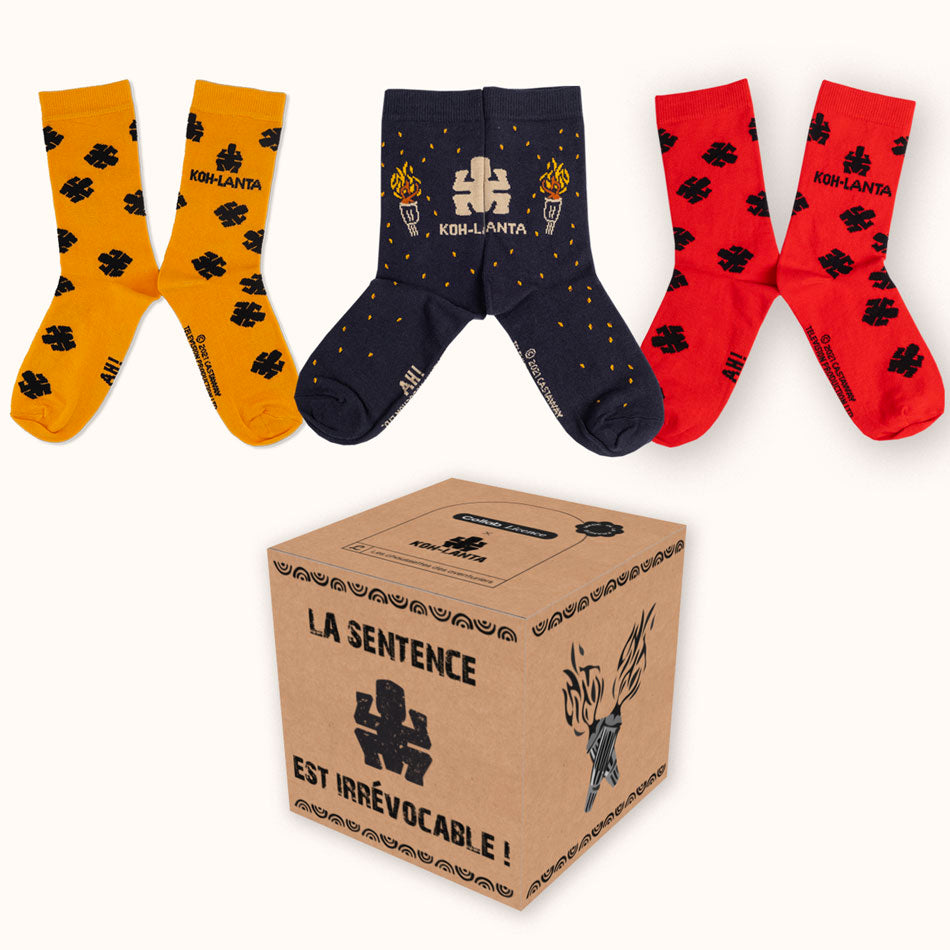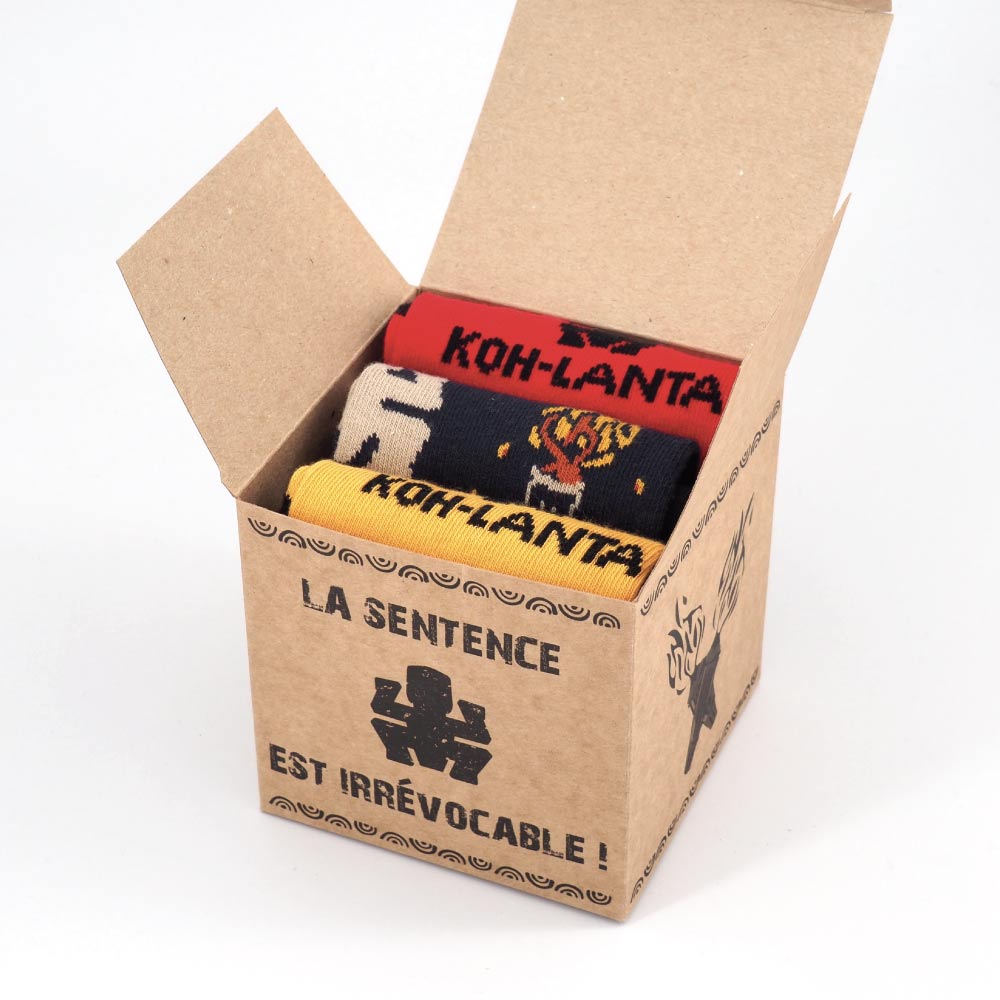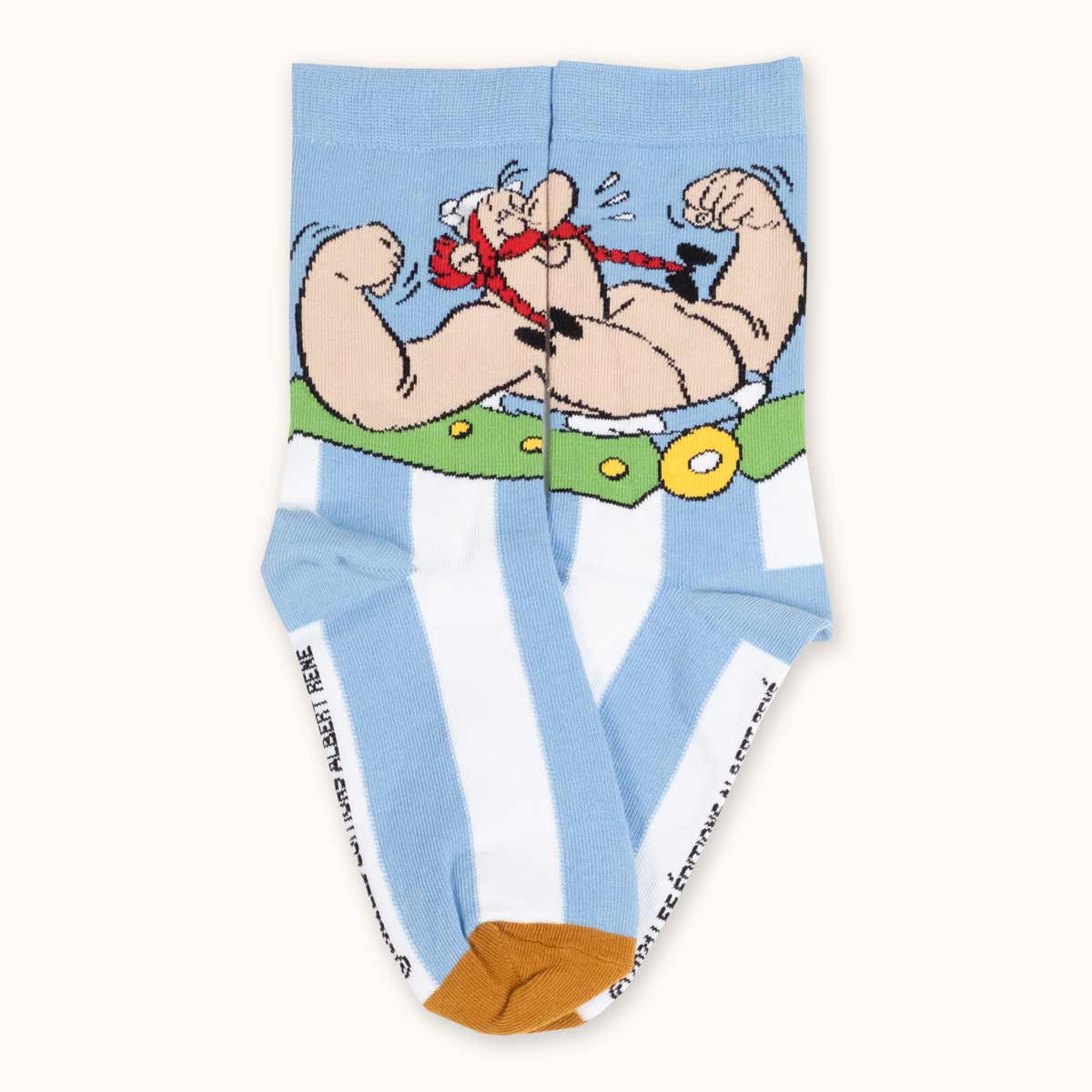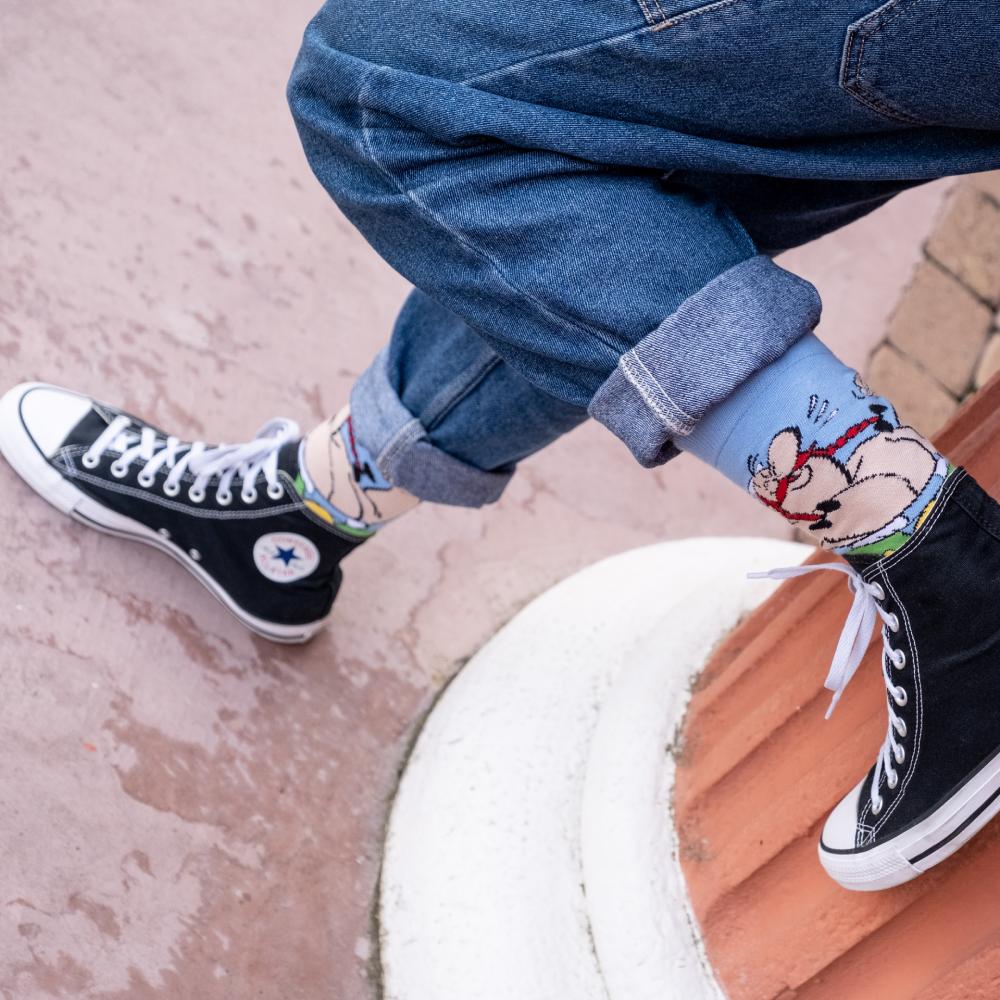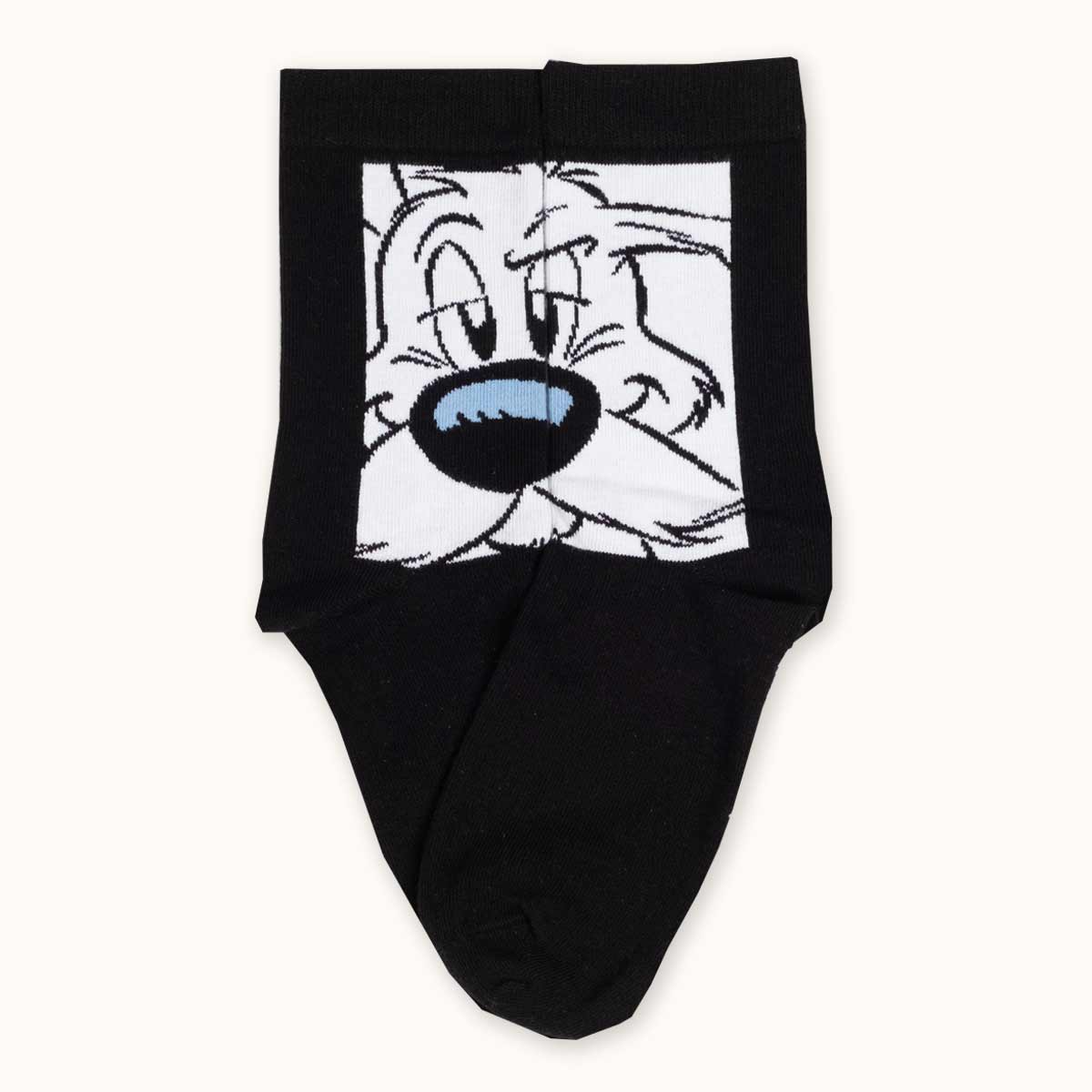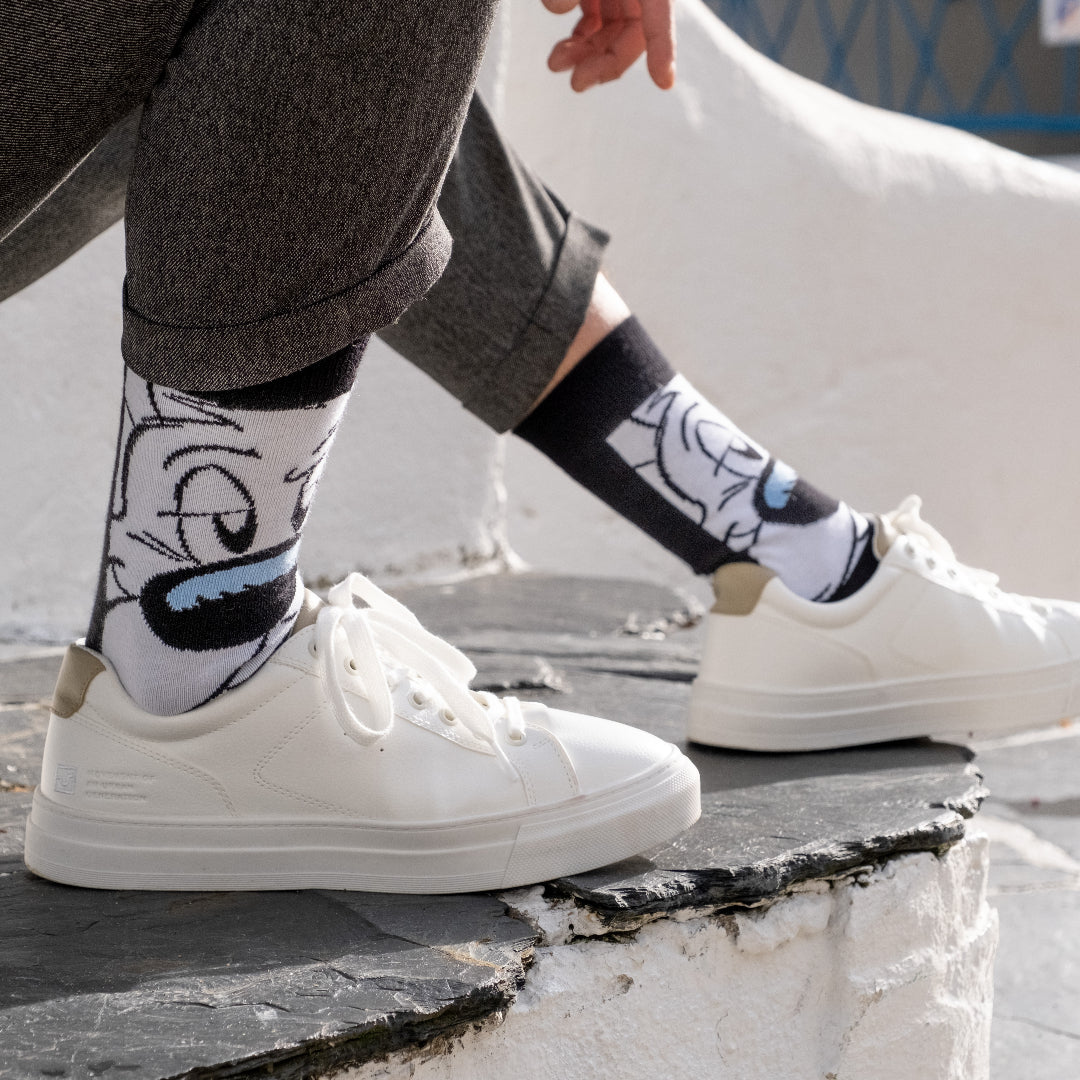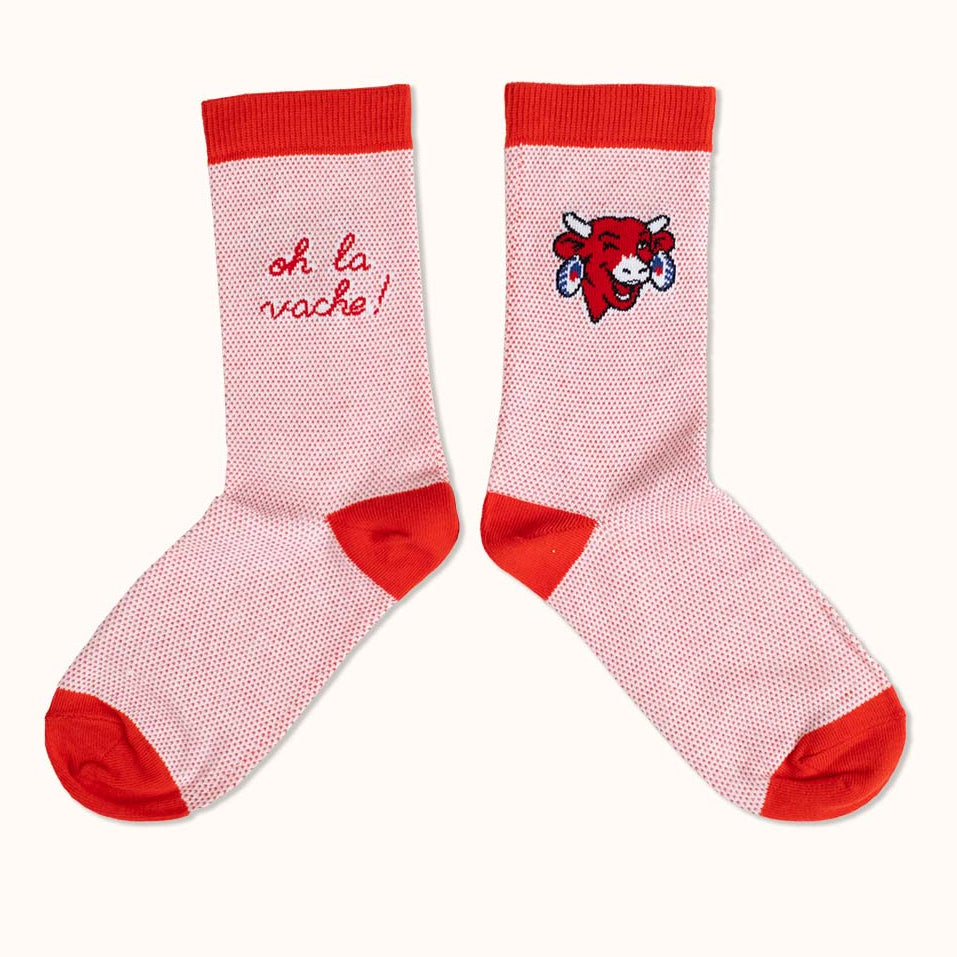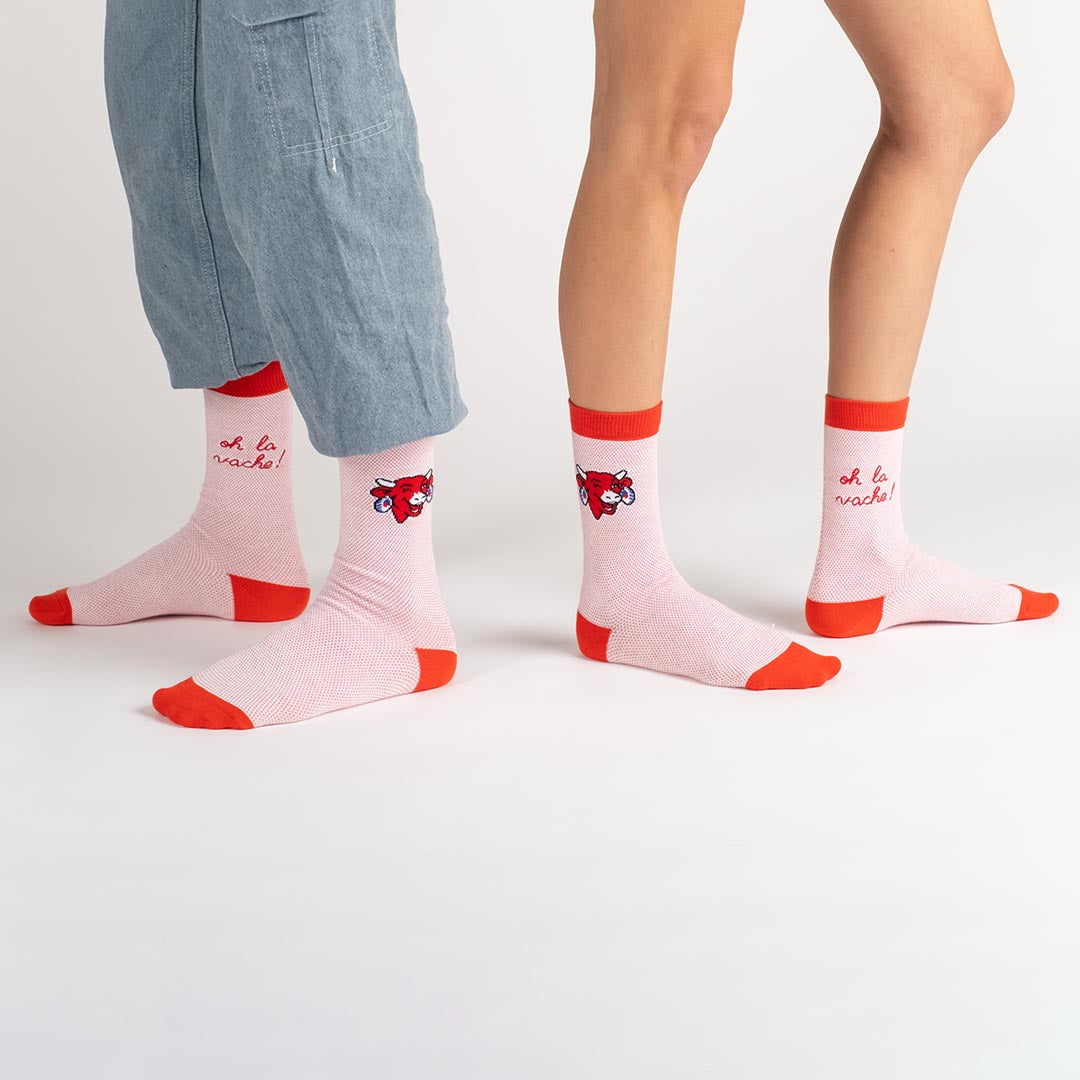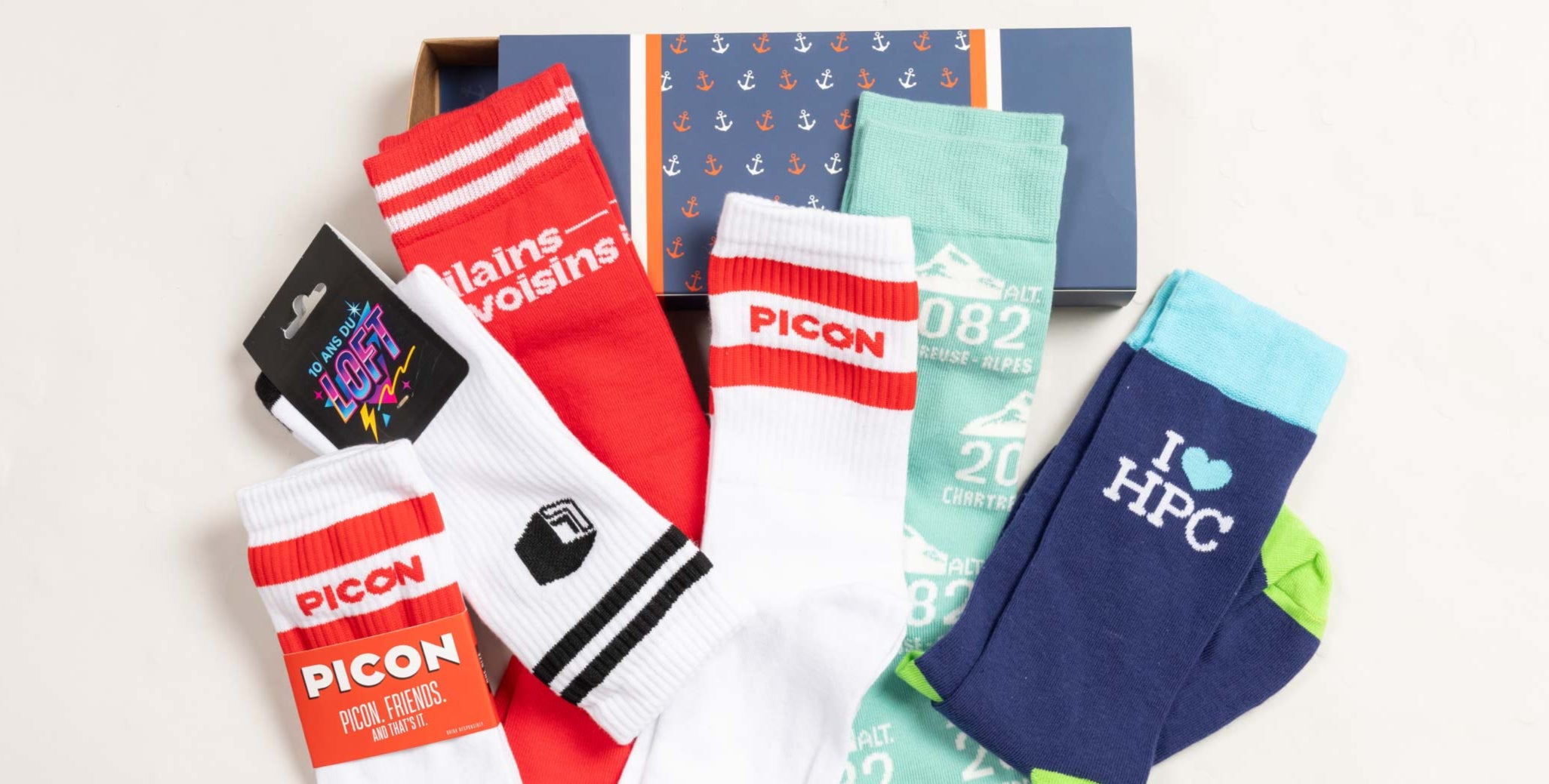The impact of COVID-19 on the textile industry

Since the end of February, France has found itself on the front line of the spread of the COVID-19 epidemic. In order to stem this pandemic, the French government has ordered the closure, from March 15, 2020 and for an indefinite period, of all non-essential businesses, such as bars, restaurants and clothing stores.
If this new measure directly affects the activity of the textile industry, the latter has in reality been impacted by the COVID-19 epidemic since December 2019. We will probably have to wait several months to have a quantified assessment of the impact of the COVID-19 health crisis on the textile industry, it is however already certain that the sector is hard hit by the repercussions of the epidemic.
First repercussion: supply difficulties
It all started in China, in December 2019, as the epidemic spread from the city of Wuhan. Gradually, as the Chinese authorities take stock of the health crisis they are facing, they impose drastic containment measures. Since then, many factories are closing across the country, even though China represents 30% of global industrial production.
The closure of Chinese factories has had a differentiated impact on sectors of the textile industry. Indeed, while the luxury industry and premium brands have been less exposed (notably because part of their production is carried out in Europe), the “fast-fashion” sector (the major brands with ultra-renewals fast of their collections) was the most affected. Entry-level and mid-range brands have suffered particularly, as the latter's economic model requires just-in-time production. In functional terms in fashion, this is what we call the sourcing impact: the more companies depended on Chinese factories to supply their stocks, the more painfully their closure was felt.
This supply crisis in the textile industry has therefore raised the question of changing their sourcing for many companies. That is to say, relocalizing all or part of their production to other countries or regions, notably Eastern Europe or the Maghreb. However, even a partial shift in production involves numerous legal, financial and logistical challenges.
If the luxury sector had been relatively spared from these supply problems, this is no longer the case since the North of Italy, particularly Lombardy (whose capital, Milan, is a major destination for fashion industry), is affected by the COVID-19 epidemic. Indeed, many textile industries supplying luxury brands are located in this region, which has been in confinement since March 8, 2020.
The supply difficulties linked to the confinement of several regions of China, and more recently of Europe, are not unique to the textile industry, with many other industries being dependent on factories located in regions affected by the epidemic. The clothing sector, however, has a particularity: the industry operates in "collections" (at least two per year, often more), the clothing or accessory quickly becomes obsolete. Therefore, a delay or partial or total stoppage of production is difficult to recover from. Even more, the impact should be felt for several months after the end of confinement as the majority of major brands plan and produce their collections 8 to 12 months in advance. The collections for the fall-winter 2020 season are therefore likely to be significantly disrupted.
Second repercussion: a fall in consumption
At the other end of the textile industry chain: the consumer. In this area too, the measures taken to counter the health crisis in China were the first to have an impact on global sales of the textile industry. The equation is relatively simple: if individuals are encouraged to remain confined to their homes and clothing and accessories businesses close, automatically, the activity is stopped and therefore the turnover as well.
With a population of around 1.4 billion inhabitants, China is naturally one of the major markets for the textile industry, particularly in the luxury sector (around a third of global sales).
While these measures are beginning to be partially lifted in several Asian countries, including China, it is now Europe's turn to close non-essential businesses for an indefinite period. Therefore, whether small companies or global chains, all brands in the textile industry will see their turnover strongly impacted by this health crisis.
While supply issues and falling consumption are the two main impacts of the COVID-19 outbreak on the textile industry, there are actually many others. For example, the slowdown in textile industrial activity in China in January and February had a direct impact on cotton producers in India (the country exports between 20 and 25 million kilos of yarn to China of cotton per month), the drop in demand for cotton having led to a drop in the price of the latter.
Ready-to-wear consumption has therefore recently shifted to e-commerce channels. A boon for pure players then? Not really, as clothing is not considered essential goods, home delivery of these products is naturally not prioritized. Amazon and other online distribution giants have already received restrictive instructions in this regard.
What role for the textile industry in managing the health crisis?
In order to contribute to the collective fight against the spread of COVID-19, certain companies are offering to make their know-how and their production chains available. While a large French group has already announced that it will reallocate its perfume factories to the creation of hydroalcoholic gel intended for hospitals, the textile industry is also becoming a force for proposals.
In Italy, the Miroglio textile group has reorganized part of its factories since March 12 in order to make surgical masks. Two days later, 10,000 masks had already been delivered to the Piedmont region and the company plans to produce 600,000 in the next two weeks.
On the other side of the Alps, in France, similar initiatives are emerging. On March 13, the SME Les Tissages de Charlieu (specializing in jacquard and bag making) developed a prototype of a surgical mask, awaiting validation from the French health authorities, which would be intended for healthcare personnel not entering into contact with people affected by COVID-19.
What about Label Chaussette?
At Label Chaussette, we take the threat posed by COVID-19 very seriously. All team members are confined to their homes to be able to continue working and maintain our customer service. Production at our manufacturer is at a standstill but our stock of socks is still high and our logistics remains operational. We therefore always ensure delivery of our socks, even if delays and disruptions are possible given the situation.
We also remain very productive on the networks and want to continue to interact with our community. In this sense, we are preparing several special publications to entertain you online. Stay tuned.
The entire Label Chaussette team wishes you all good luck during this difficult period! Take care of yourself, warm, at home, in your best socks.
Some sources and links to find out more

